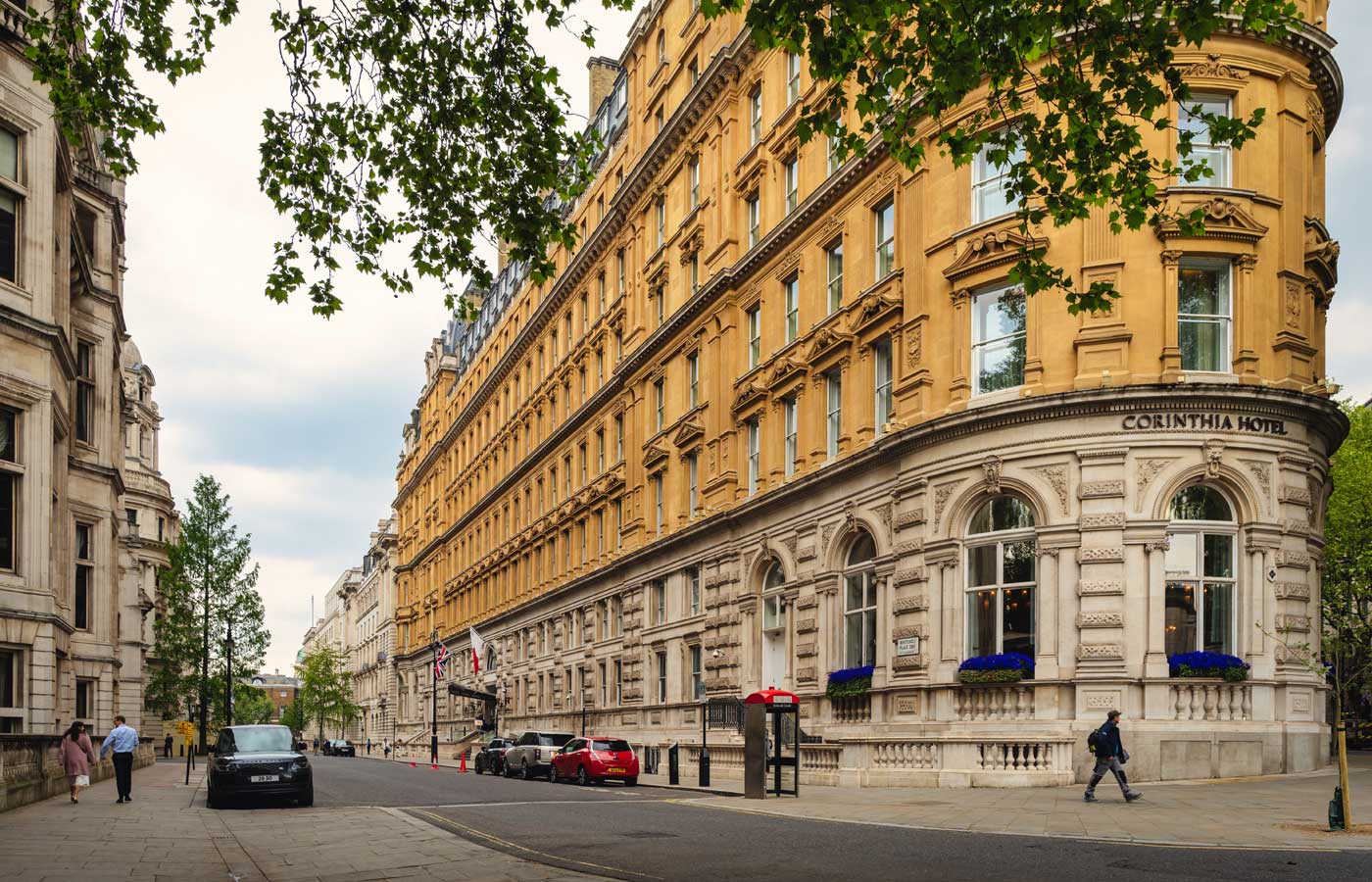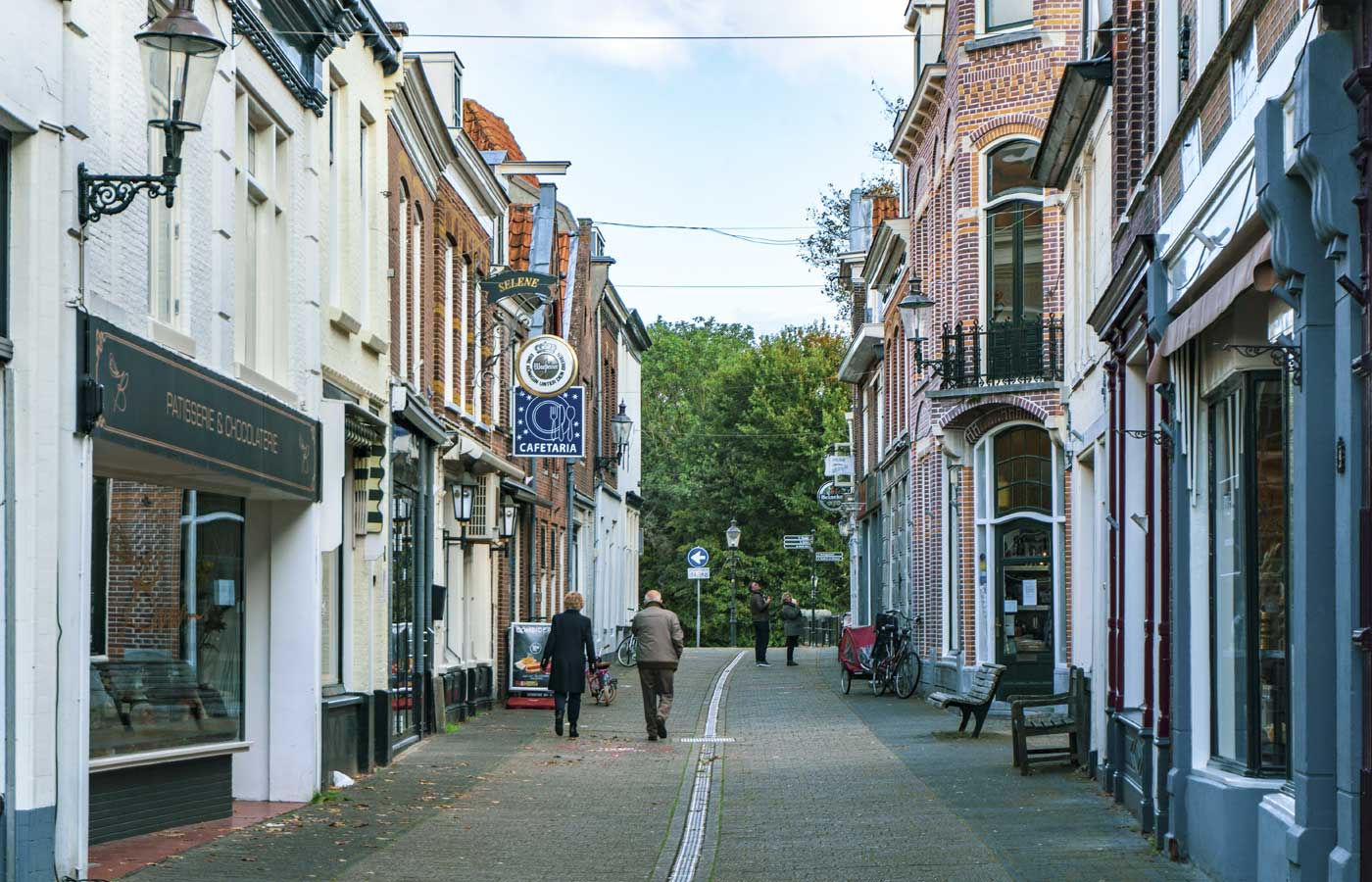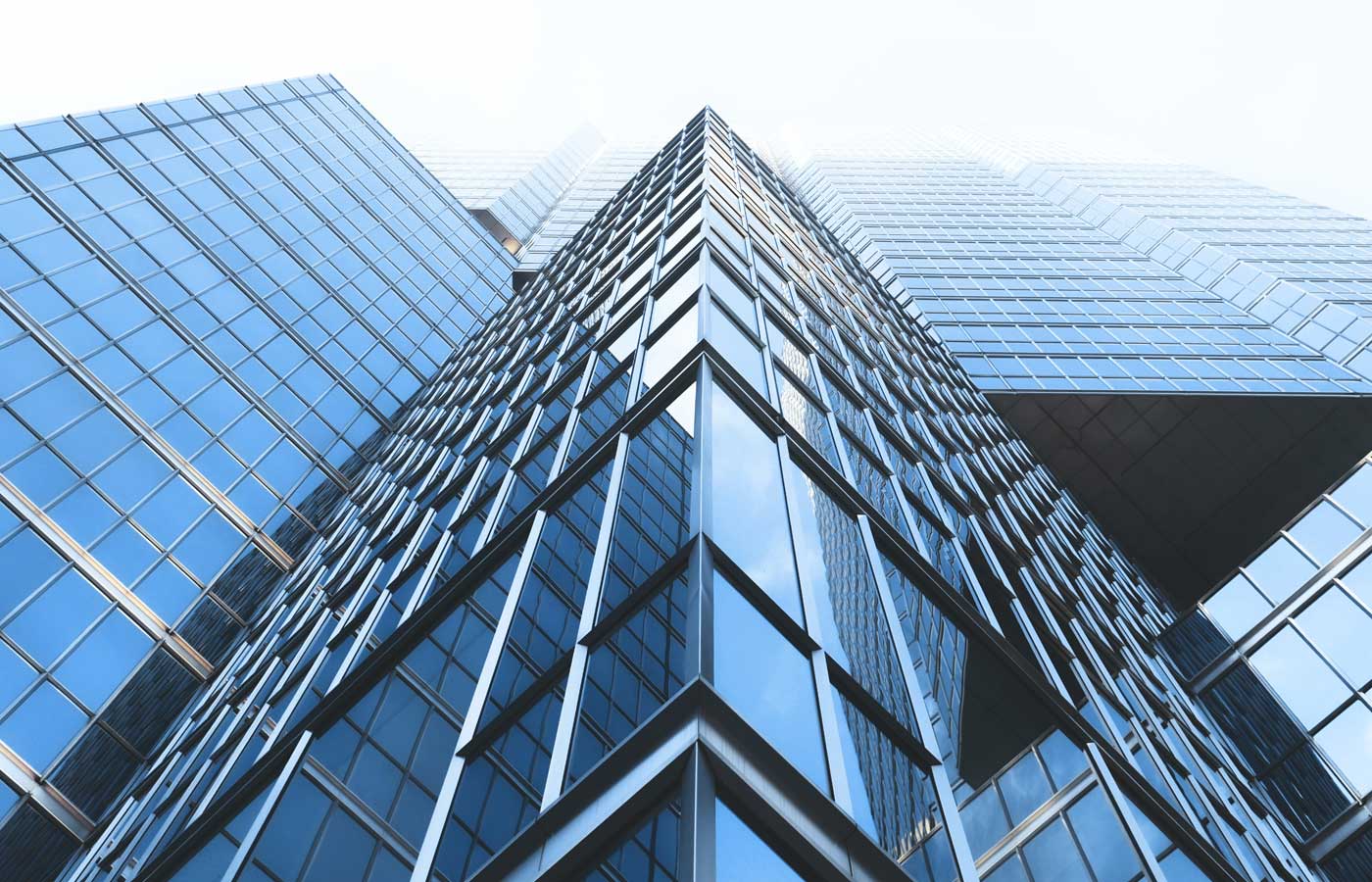No matter what the size of your business, it’s crucial to take commercial property insurance seriously. While it might seem like an expense you don’t need – particularly if you’re a start-up company or trying to stay afloat in the current economic climate – it could save you a lot of money down the line. So, whether you have a single premises, multiple buildings or operate from self-storage unit like the ones here, read on for essential commercial building insurance information.
What is Commercial Property Insurance?
Commercial property insurance is a multi-cover policy that protects commercial buildings financially from a range of risks. Commercial properties could become the target of theft, a fallen tree could cave in the side of the building, or an unexpected flood or fire could damage all the stock.
If you own a property from which a business is run, are a business owner occupier or rent a commercial property to run your own enterprise, you can use commercial property building insurance to protect your finances.
This insurance covers the costs of repairing or rebuilding a damaged commercial property. It’s also used to protect the contents of the building.
The type of risks this insurance guards against include:
- Theft
- Fire
- Burst pipes and flooding
- Falling trees and storm damage
- Subsidence
- Rioting
As you can see, this form of insurance is vital for the landlords, business owner occupiers and renters of any commercial property.
Renters should seek commercial property building insurance based on contents cover to protect their stock, equipment, fixtures and fittings. Meanwhile, business owner occupiers and landlords require a policy that includes both building and contents insurance to ensure the property and assets within it are protected. The policy should also offer property owners liability cover to deal with claims made by members of the public relating to injury or personal property damage sustained on the commercial property.

What is Classed as a Commercial Property?
Although residential properties outstrip commercial properties six-fold in terms of value in the UK, these commercial buildings still represent an impressive 7.35 billion square feet. You can find commercial properties on a busy high street, in the city centre, or even in the countryside on a farm – because a commercial property is simply any building from which a business is run.
Whether a property houses an office, a surgery, a soft play centre, a bar, a grocery store, a farm shop or an art gallery – it can be considered a commercial property.
Finding the Right Cover for your Commercial Property
Building and contents insurance is at the heart of the commercial property insurance policy.
Although there is no legal obligation to hold buildings cover, few mortgage providers will lend money without sight of an insurance policy with buildings cover. If you’re a landlord, it’s your responsibility to hold buildings cover and not your tenants. You can deal with this responsibility by taking out commercial landlord insurance, a form of commercial property insurance.
A good insurer will help you work out the correct level of buildings cover for your commercial property. This should be based on the cost of rebuilding the property and not on its current market value. You and your insurer must get the rebuild figure right, or else you’ll have to make up for the shortfall! With unprecedented price rises in the building industry over recent years, it’s become all the more important to find a realistic figure when costing out the rebuilding of a property. It also means that those owners with an existing commercial building property insurance policy may wish to have this element reassessed to ensure they’re not underinsured.
Remember, even if you’re a tenant whose landlord handles the buildings cover, it is still your responsibility to secure your own contents cover. Contents cover must be carefully calculated to ensure that the figure stated in the policy is sufficient to compensate you adequately for the loss of your stock, equipment and other contents.

The cover for stock is based on its cost value, not its sale value. Be sure to discuss your seasonal stock levels with your insurer. If there are peak seasons where you hold significantly more stock, for example, during the tourist season in the summer or at Christmas time, you’ll need to make sure your policy figure represents this.
Your insurer can discuss the two forms of equipment cover under your contents insurance. The first type is an indemnity policy, which will consider your equipment’s wear and tear. It will pay out the current value of your equipment rather than replacing it for new. But the second type, a replacement-as-new policy, will do just that. If your equipment is damaged beyond repair or stolen, your insurer will replace that item with a brand-new one.
As you know, property owner’s liability is also a critical cover given that members of the public and, in some cases, tenants will be entering the commercial property. No matter how well-maintained the property is or how mindful the owners and staff of the business are, accidents can happen. Should a member of the public trip and sustain an injury or damage their personal property, they could make a claim against you as the owner. Insurers often set the level of property owner’s liability cover between £1 million and £10 million. The level will depend on how the building is used and what risks members of the public may be exposed to.
Other covers can be added to commercial property insurance if needed, including:
- Business interruption – to cover loss of earnings incurred when a business unexpectedly cannot run from the commercial property.
- Loss of rent cover – to safeguard landlords who find their tenants failing to pay rent on the commercial property.
- Malicious damage by tenants – to protect the commercial property and its fixtures and fittings from intentional damage inflicted by tenants.
- Legal expenses – a cover you can call upon when you’re in dispute with a tenant, for example, due to rent arrears, poor property maintenance or a repossession.
- Accidental damage – to deal with unexpected accidents that leave a commercial property or its contents damaged.
- Commercial landlords’ content cover – allows the landlord to protect those items in the commercial property that belong to them, even if a tenant is occupying the building.
- Terrorism cover – which will guard your property financially against damage inflicted during a terrorist attack.
- Employer’s liability – if you hire people to carry out work on your commercial property, be it a maintenance person or a cleaner, you must hold at least £5 million in employer’s liability cover under the current UK laws.

With so many insurance policies available these days including general liability insurance, commercial auto insurance, professional liability insurance and workers’ compensation, it can be hard to see the wood from the trees. Each insurance policy seems as important as the next but if you’re just starting out it’s important to protect the physical building which you rent or own – and this means choosing an insurance provider that covers the type of premises you have.
It might sound obvious, but while some companies cover shops, offices, surgeries and hotels they might not cover restaurants, pubs, takeaway venues, wine bars or other eateries, so always do your homework. Once you’ve found a provider that satisfies your needs, read through the small print to see exactly what they offer such as what is included in a standard policy and what can be added at an additional fee.
What’s covered by the policy?
Policies can differ significantly, so stay calm and shop around. Many commercial property insurance policies will cover things like buildings, fixtures and fittings including gates, fences, carparks, underground cables and pipes. They will also cover business interruption – say if your company has to close due to a fire, flood or burglary – and will make up the shortfall in your income. Some even offer cover for stock and cash on premises and others also throw in cover for legal expenses along with a 24-hour helpline should you run into difficulties.
Again, when it comes to legal expenses, be sure to read through the proposed insurance agreement properly before signing any paperwork as often legal expenses will only be covered if you’re involved in data protection, VAT, employment and other types of disputes – which might be useful, or might not be depending on your line of work.

Additional extras
As mentioned above, you will usually be given the option of adding additional cover to your policy at cost. If you decide to insure your buildings, for instance, you can add cover for subsidence, signs, landscaped gardens and more. The trick with insurance is to work out whether basic cover is adequate or whether you want to add certain elements for additional peace of mind. Whatever the case, make sure your insurance package is tailored to suit the needs of you and your business as a whole. And whatever you do, don’t just forget about insurance altogether. There are many things which could damage your company, but not having the funds or help to recover from an emergency is one of them, so it’s not worth the risk.
Commercial property insurance might seem like a minefield but do your homework carefully and you should be able to find something suitable.
To help you find out everything you need to know about commercial building insurance, we have answered a range of questions to build a clear picture of this type of complex policy. Understanding what kind of cover your property needs will help you find the best insurance so that your commercial building and the business being run within it will be protected.
What Isn’t Covered by Commercial Property Insurance?
It’s always important to be aware of those risks that your commercial property building insurance won’t cover. You can then discuss with your insurer how to mitigate these risks or what alternative forms of insurance you can explore.
In terms of buildings cover for a commercial property, you will not be covered for:
- An unoccupied property – with most policies stipulating that the commercial property can only sit empty for a maximum of 30 consecutive days before the policy becomes invalidated. Don’t worry if you can’t find a new tenant once your old one has left. If you know your property will sit unoccupied for longer than a month, ask your insurer to switch your policy to unoccupied property insurance.
- Wear and tear – you are very unlikely to be paid out on damages due to general wear and tear of the property.
- Poor maintenance and poor craftsmanship – will not be covered by your buildings cover. Commercial property owners should, therefore, always hire trusted tradespeople to carry out their maintenance and building works.
- Animal damage – if your commercial property has been gnawed and damaged by a pest infestation, you may find that your policy won’t cover it. For this reason, stay on top of your vermin and insect control within the commercial property.

Frequently Asked Questions
Do I need to take out buildings cover if I don’t have a mortgage on my commercial property?
Legally, no, you don’t. But you would have to weigh the financial implications of suddenly needing to rebuild the property or perform extensive repairs completely. If this would represent a significant financial burden, taking out buildings cover will offer peace of mind.
Will this type of insurance cover the residential spaces within the property?
Many properties house both commercial and residential spaces. While you cannot properly insure a residential home within a commercial property building insurance policy (or vice versa), you can ask your insurer to create a bespoke policy that features both commercial and residential tenancies.
I run a business from my own home. Do I need commercial business property insurance?
No, this would not be the correct type of policy for you – but you would be wise to ensure that both your home and business are fully insured. Your home insurance should protect the building, but to adequately protect the contents pertaining to your business, you should ask your insurer about home business insurance. Always make sure your insurer knows if you’re running a business from your home. Failure to do so can result in the invalidation of your home insurance.
What determines the cost of commercial property insurance?
An insurance company will focus on the following key areas when calculating the premium:
- The age of the property
- The level of security – including the type of lock, the presence of CCTV and fitting of security alarms
- The type of commercial business
- The level of each cover you require
- The relative flood risk based on the property’s location
- Your claims history
Why do I need commercial landlord insurance and not domestic landlord insurance as the owner?
In some respects, the two types of policies are similar, especially regarding the kind of protection they offer. But you must opt for commercial landlord insurance if your own a commercial property. This is because the construction of your commercial property may differ from that of a domestic property. If you don’t have the correct type of cover, your insurance may not pay the bill for your property’s repairs or rebuilding.
The key to comprehensive building cover is pinpointing the right risks. Due to the nature of their construction, the risks associated with a commercial property may be different to those of a domestic property. If you don’t discuss this with your insurer, you may not receive the right level of protection.
Another significant difference between commercial and domestic properties is the type of electrics and heating present – with commercial properties requiring a higher level of cover to reflect the complexity of these systems.
Furthermore, an insurer must consider the type of tenant occupying a commercial property versus a domestic one due to the activities they’ll be conducting and the equipment they may hold within the property.

Finding the Right Insurer for your Commercial Property
As commercial property owners can attest, organising insurance can be fraught with complexities and confusion because so many elements must be accurately weighed up to offer sufficient cover.
Finding an insurer with experience in this field will smooth the path and ensure that you receive a policy that meets all your commercial property building insurance needs. An experienced insurer will know all the right questions to ask about your commercial property, covering all the above elements. You can therefore use the points detailed here to double-check whether your insurer is giving your commercial property the breadth of cover it needs.
Park Insurance has decades of experience working alongside business owners large and small, making us ideally placed to handle your commercial property insurance needs. Get in touch with one of our helpful insurance experts today to discuss your commercial property’s needs. We’ll help you navigate all the complexities of this insurance and make sure your assets are protected.
